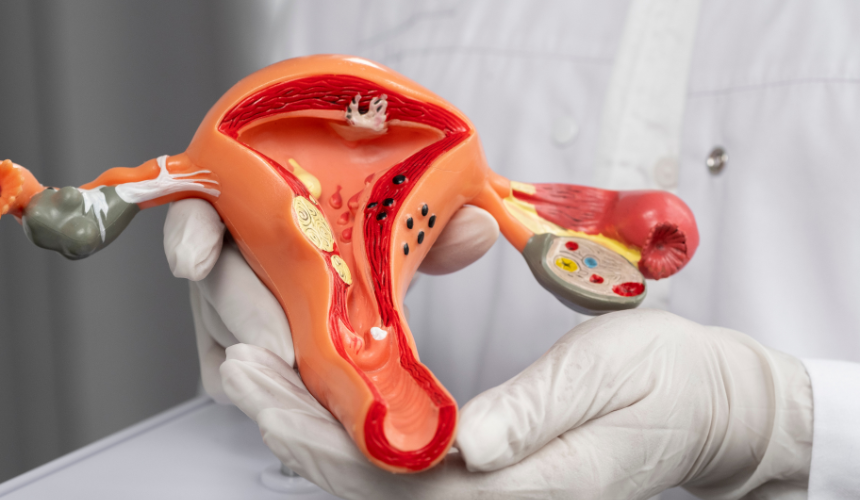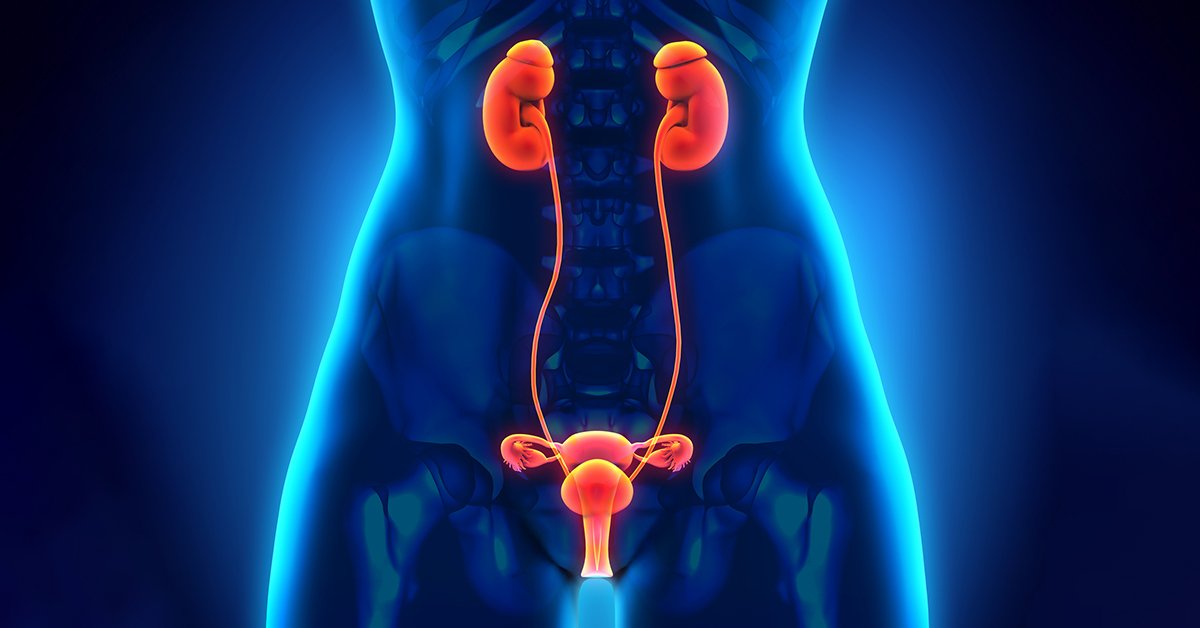Polycystic Ovary Syndrome (PCOS) is one of the most common hormonal disorders affecting women of reproductive age. It not only impacts menstrual cycles and hormone levels but also plays a significant role in infertility. Studies suggest that PCOS is responsible for about 25–30% of infertility cases in women. Understanding how PCOS affects fertility and finding ways to manage it can greatly improve your chances of conceiving.
What is PCOS?
PCOS is a condition where the ovaries produce higher-than-normal amounts of androgens (male hormones). This hormonal imbalance can disrupt ovulation, leading to irregular periods and difficulty in getting pregnant.
Symptoms of PCOS
Not every woman experiences the same signs, but common symptoms include:
-
Irregular or missed periods
-
Difficulty conceiving due to lack of ovulation
-
Excess hair growth on the face or body (hirsutism)
-
Acne or oily skin
-
Weight gain, especially around the abdomen
-
Thinning hair or hair loss from the scalp
-
Dark patches of skin (insulin resistance signs)
How PCOS Affects Fertility
🔹 1. Ovulation Problems
In PCOS, ovaries may not release eggs regularly due to disrupted hormone levels. Without regular ovulation, chances of natural conception are reduced.
🔹 2. Hormonal Imbalance
Women with PCOS often have excess androgens and lower levels of progesterone, which interfere with the menstrual cycle and make conception difficult.
🔹 3. Insulin Resistance
Many women with PCOS have insulin resistance, which leads to high insulin levels. This imbalance further triggers excess androgen production, worsening ovulation problems.
Managing PCOS for Better Fertility
The good news is that PCOS can be managed with lifestyle changes, medical treatments, and fertility-focused approaches.
✅ Lifestyle & Diet Changes
-
Maintain a healthy weight – even a 5–10% weight loss can restore ovulation.
-
Eat a balanced diet rich in whole grains, lean protein, vegetables, and low-GI foods.
-
Exercise regularly to improve insulin sensitivity.
-
Reduce sugar intake to manage blood sugar and hormone levels.
✅ Medical Treatments
-
Fertility medications (like Clomiphene or Letrozole) help stimulate ovulation.
-
Metformin may be prescribed to improve insulin sensitivity and regulate cycles.
-
IVF (In Vitro Fertilization) is an option if other treatments don’t work.
✅ Natural Remedies & Support
-
Stress management techniques such as yoga, meditation, and mindfulness.
-
Supplements like inositol, Vitamin D, and Omega-3 (with doctor’s advice).
-
Regular check-ups with a gynecologist or fertility specialist.
When to See a Doctor
If you have irregular periods, difficulty conceiving for more than 6–12 months, or symptoms of PCOS, consult a fertility specialist. Early diagnosis and treatment improve the chances of pregnancy and long-term health.
Final Thoughts
PCOS can make it harder to conceive, but it doesn’t mean pregnancy is impossible. By understanding the connection between symptoms, hormonal imbalance, and infertility, and by taking proactive steps through lifestyle changes and medical support, many women with PCOS are able to achieve successful pregnancies.













